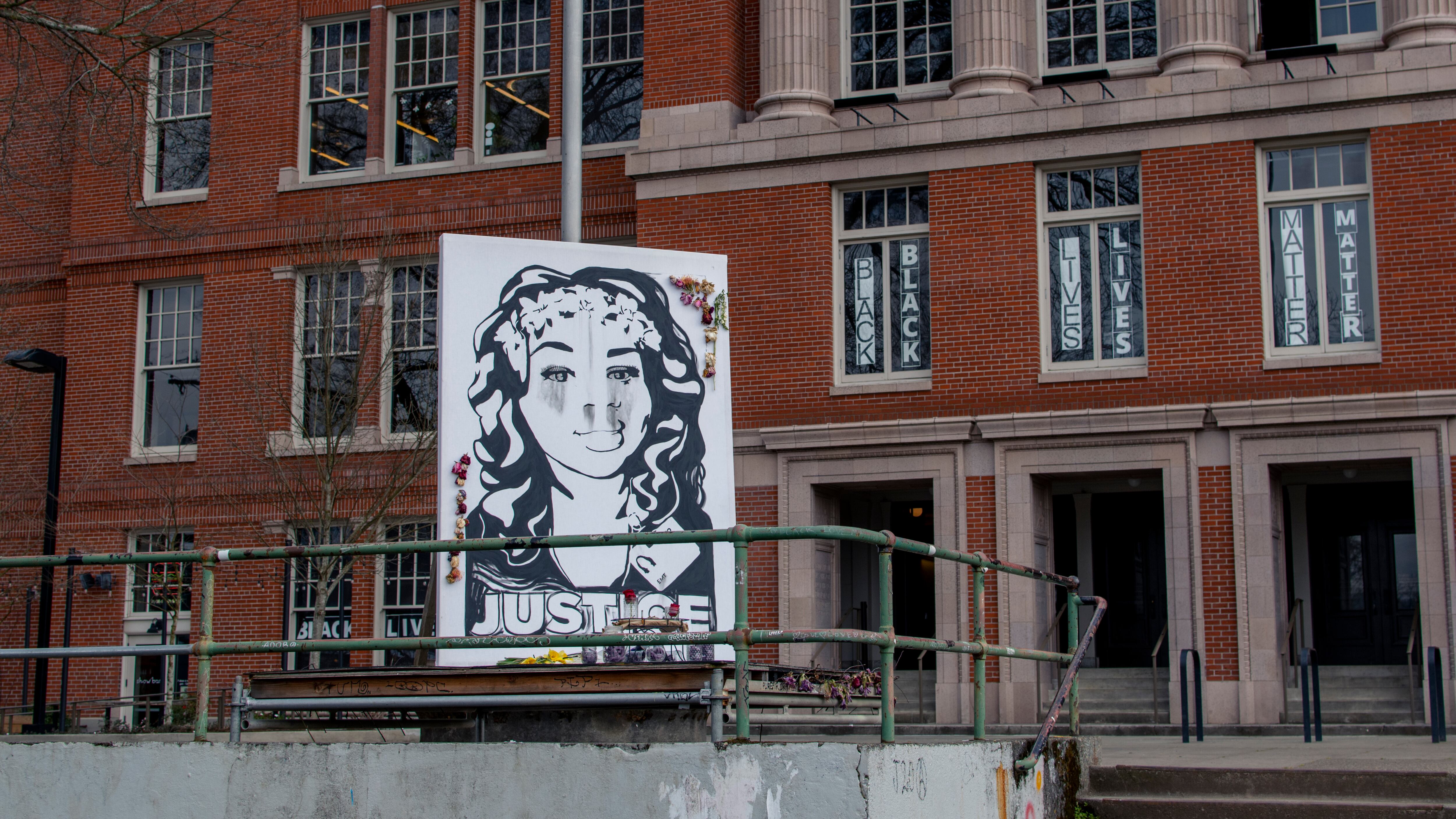The Multnomah County Board of Commissioners declared racism a public health crisis Thursday, amid a pandemic that has devastated communities of color and a year of street protests that have forced many Oregonians to reckon with the state's racist history.
The vote was unanimous.
Ebony Clarke, the Multnomah County Health Department's interim director, introduced the proposal at the commissioners' meeting.
"We talk about leading with race, and leading with race means that we're working to dismantle and undo the poor outcomes associated with those social determinants of health around race and racism," Clarke said.
Formally recognizing racism as a public health problem is a significant step because it bakes consideration of race into any future policy the county bureaucracy considers. In other words, now that county leaders have declared racial inequity a threat to public health, they will be obligated to look for ways to counteract racism in future, practical policy decisions.
Declaring racism as a public health crisis also acknowledges Oregon's uniquely racist history of exclusion laws, Clarke said, and how those policies from decades ago still carry ramifications today.
"We're making these strides but we continue to be pulled back because of these outdated policies that are rooted in institutional and structural racism," Clarke says. "In order to sustain our efforts, we have to have those policies that can reinforce it. We have to remember to go back and close the loop full circle."
Another important aspect of this declaration is that it helps set the path toward educating students on the full truth of the state and country's history, which is essential to moving forward as a society. In a signal of the degree to which such a framework has already permeated county customs, Clarke began by acknowledging the traditional homelands where Multnomah County residents currently live that originally belonged to Indigenous peoples.
Clarke says that Thursday declaration could lead to more diverse work forces in county departments, and it also makes a commitment to the community that a consideration of equity will be applied to budgeting and policymaking.
For Clarke, it goes deeper than making a formal declaration.
"More personally, it means that my family, my children and my people will have a chance and will have an opportunity to achieve their full potential," Clarke says, "whether its thinking through the realm of not only health, but education, employment and just thriving as a human."

